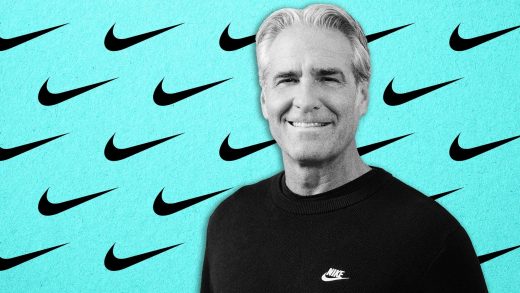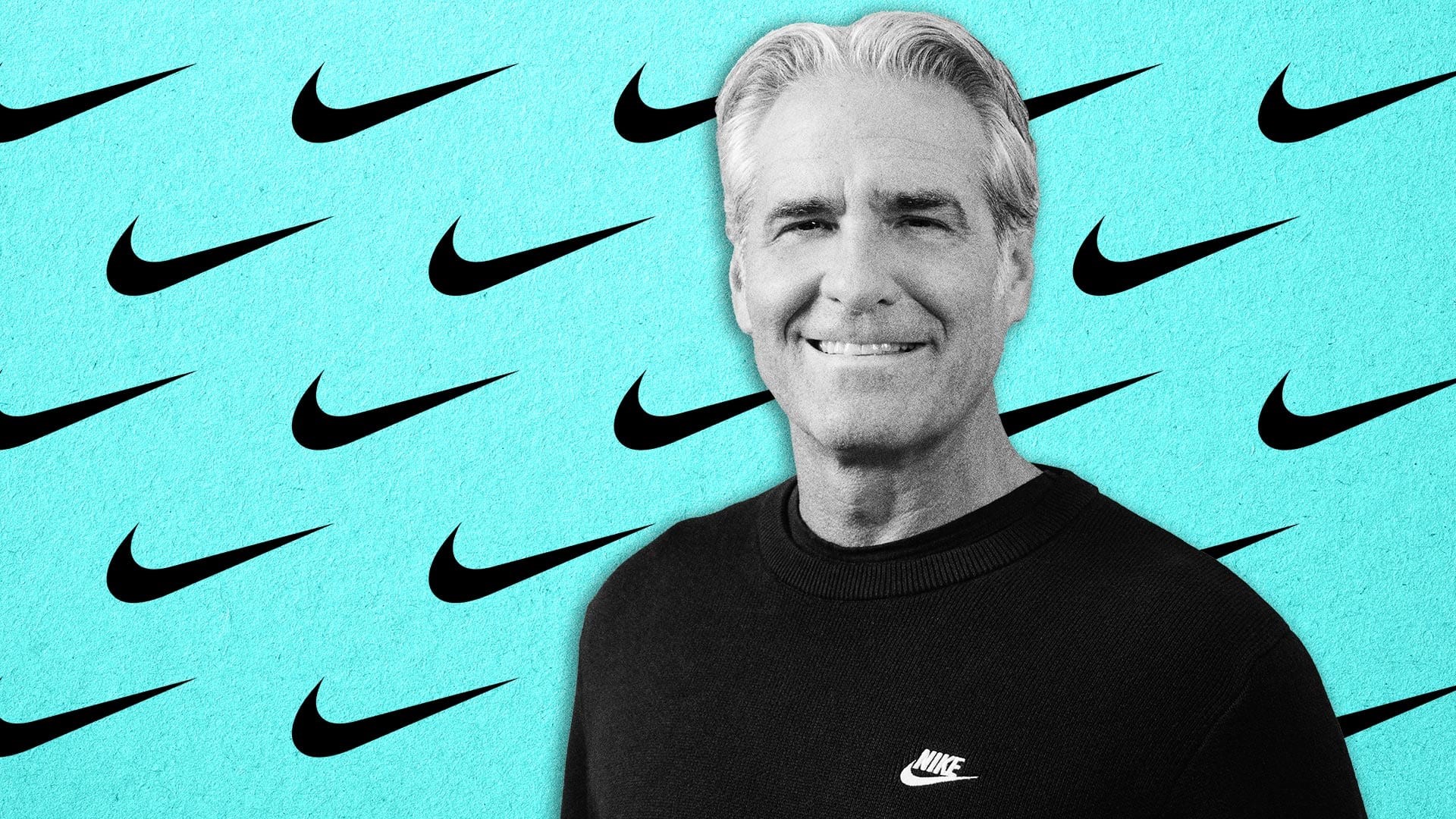Who is Nike’s new CEO? Elliott Hill—many old employees’ favorite pick for the job
Who is Nike’s new CEO? Elliott Hill—many old employees’ favorite pick for the job
‘People wanted him for the job,’ notes a Nike insider amid a ‘jubilant’ wave of celebration from Nike employees.
BY Mark Wilson
CEO John Donahoe is departing Nike after a tumultuous four years at the company. He is being replaced by Elliott Hill, who will step in as president and chief executive on October 14.
Hill is a relatively unknown name to the public, and it’s difficult to find a photo of him online. (As of Donahoe’s firing, Hill didn’t even appear on the popular media database Getty Images.) But to some Nike employees, he’s not only recognized; he’s venerated. In conversations with three former Nike employees, each with over a decade of experience at the company, the praise of Hill was unanimous.
Respected as both capable and courteous, with an unparalleled understanding of global markets, he’s known as the guy who was supposed to get the job when Donahoe was hired in 2020.
“Elliot is very respected,” says a former senior-level employee. “Whenever anyone questions, who could fill Donahoe’s space? His is [still] always the first name.”
With the announcement of Hill’s appointment, I hear Nike employees are “jubilant.” Many left work early on Thursday to celebrate and decompress.
The origins of Elliott Hill
A graduate of Texas Christian University and a former athletic trainer for the Dallas Cowboys, Hill arrived at Nike out of the NFL as an intern in apparel sales in 1988. Over the next three decades, he climbed to become president of consumer and marketplace, where he oversaw Nike’s $39 billion budget. Around 2020, sources tell me that Hill seemed like the obvious choice to succeed Mark Parker as the company’s CEO.
But when Donahoe—a finances-first executive hailing from eBay after experience at Bain—was appointed instead, it was seen as an insult by some not just to Hill but also to Nike’s tradition of promoting from within and relying on the experience of senior team members to steer the ship through tough times. Insiders saw this oversight, and the choice of the outsider Donahoe, as a personal slight to a coworker, and a key reason they should leave Nike. Following Donahoe’s appointment, the company let go of 700 people in a reorganization, and many C-suite members who weren’t let go left on their own—including Hill.
“[Hill] was the right guy. He was seasoned all the way for it. It was a huge letdown,” says a former employee who spent 20-plus years at Nike. “His C-suite cohorts leaving in July 2020 made it okay for the rest of us to go, too.”
As I reported in our Summer cover story, Donahoe reorganized almost every aspect of Nike’s retail and innovation strategy, cutting down its retail partners, and organizing product innovation under buckets of gender rather than sport. Donahoe’s most successful move was releasing new colorways of retro silhouettes, which came at a cost of the company’s reputation with sneakerheads.
Nike also lost the hard-core athlete consumer: namely, the running market that launched the brand in the first place. Brooks overtook it as the top-selling running shoe brand in 2022. Those commercial failures—combined with multiple waves of layoffs—saw Donahoe’s tenure decimate Nike’s deep bench of experienced employees. That tenure ended with a failed Hail Mary comeback at the 2024 Olympics—for which Nike reportedly spent an unprecedented marketing sum, according to Bloomberg.
“Elliott Hill is one of the most outstanding C-suite executives I have ever worked with,” says Scott Touidjine-Williams, the former senior global creative director of the Olympics at Nike who left in 2022, in an email. Touidjine-Williams says that Hill was a knowledgeable leader who listened to a team that respected him, with an inspiring approach to both DEI and innovation (despite being grounded in sales). “When it came to the Olympics work I was driving, he was always curious and engaged about what was coming down the pipeline. I do not know anyone who does not speak highly of Elliott.”
Bringing Hill back from Texas
Hill’s compensation package includes a salary of $1.5 million per year, with a target annual bonus of 200% of that, along with stock and a pair of cash grants totaling $7 million.
Sources tell me that Hill, after leaving Portland to return to his hometown of Austin, seemed to have no interest in returning to Oregon or to Nike. A charter member of the Austin Moontowers—a recreational baseball club, he was living “the ultimate sabbatical,” according to a source. But both current and former Nike employees, who still meet and gossip about the company regularly, have been floating his name as a likely replacement for Donahoe—as far-fetched as that may have seemed until this moment.
As recently as three weeks ago, another source heard that Hill had “butt dialed” an old colleague, and when the two got to talking, Hill denied he had any interest in going back.
“I was like, that put a nail in that rumor now,” the source says with a laugh.
Among the challenges for Hill is that he takes over Nike just months after its single-worst trading day in history, without as much of the experienced support structure that had been in place when he left in 2020—and that he’ll now need to help turn things around.
“It’s going to be a brutal, uphill battle for a couple of years,” the source says. “And knowing that Elliott comes from the old-school world (he was there 30 years!) and not having some of those people that he relied on, his levers are kind of gone.”
ABOUT THE AUTHOR
Fast Company
(4)



